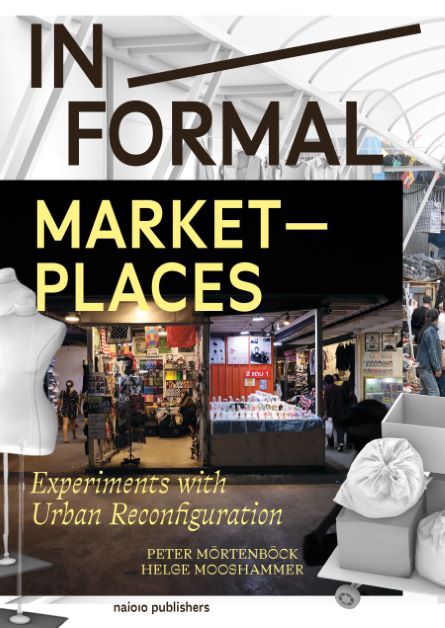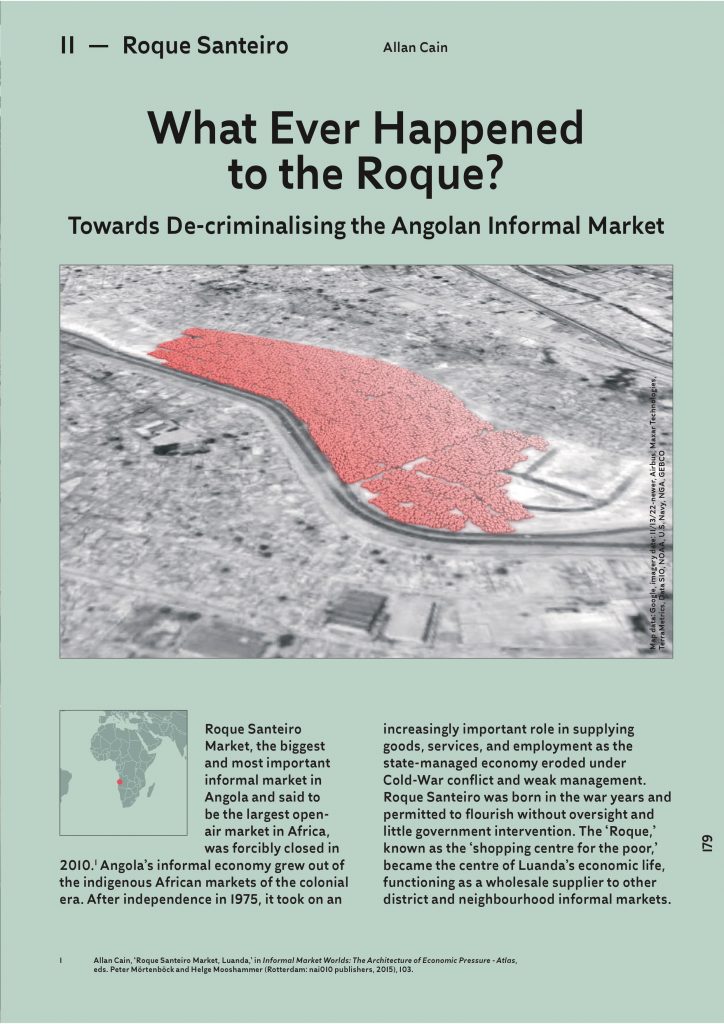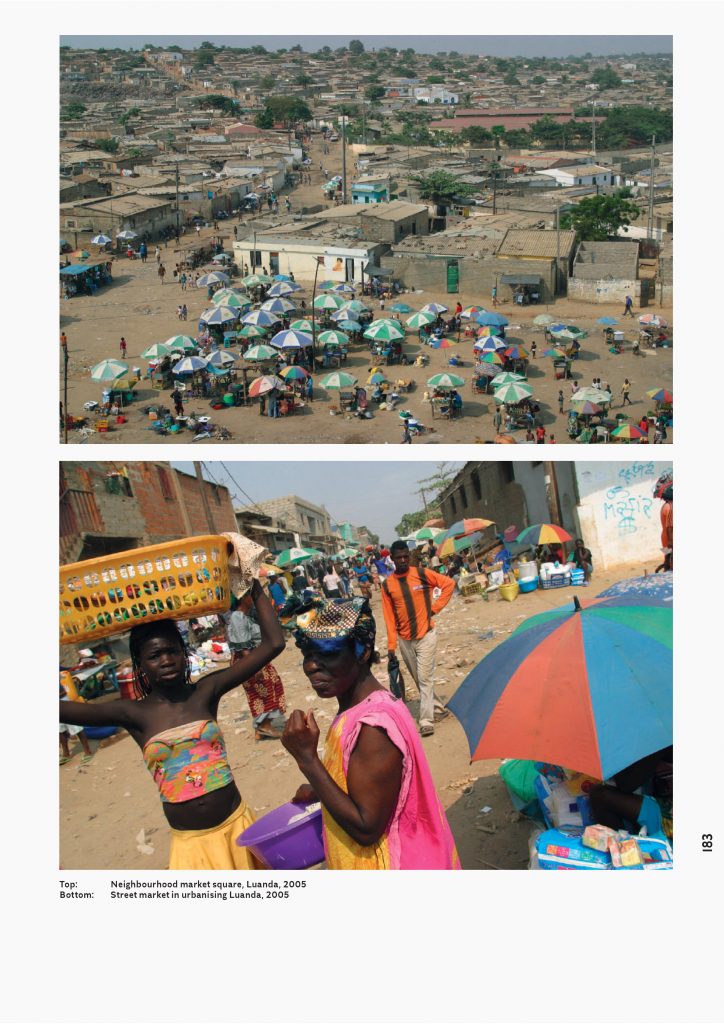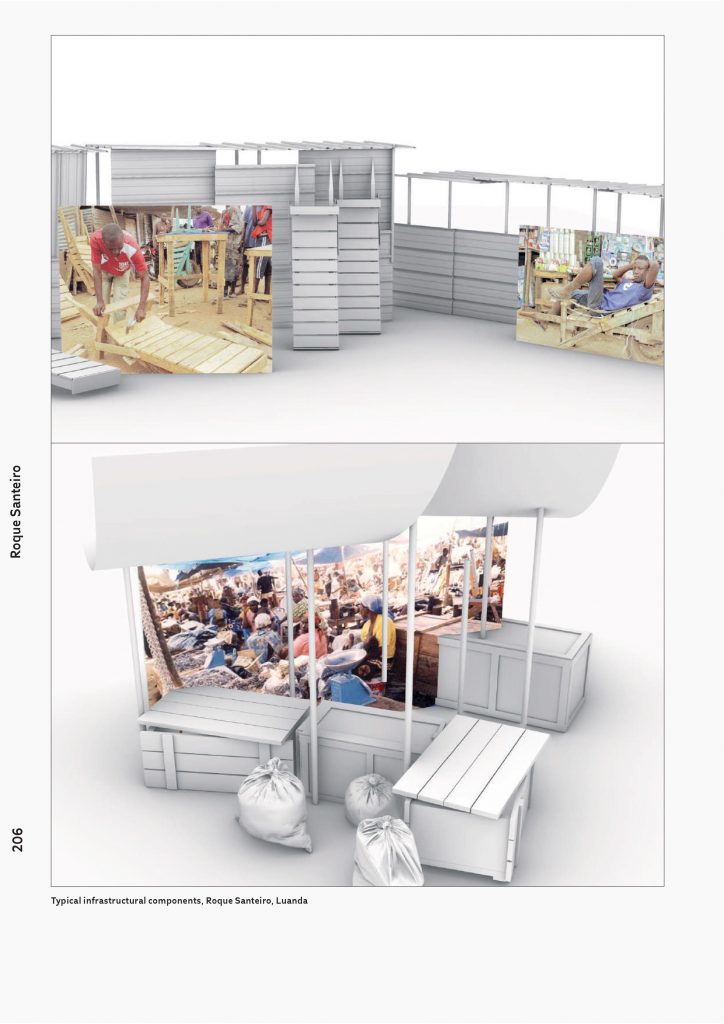Prof. Allan Cain writes about the informal market in Angola in a new book
By Maria Cook
March 29, 2024
Roque Santeiro Market in Luanda, Angola was the biggest and most important informal market in the country housing 200,000 vendors in an area the size of 500 soccer fields. When it was forcibly closed in 2010, the traders were displaced, and many people lost their livelihoods.


Adjunct Research Professor Allan Cain tells the story of Luanda’s informal marketplaces in a recent book, In/formal Marketplaces: Experiments with Urban Reconfiguration.
Edited by Peter Mortenbock, Helge Mooshammer, the 432-page book was published in October 2023 by nai010 publishers.
Cain contributed a chapter titled What Ever Happened to the Roque? Towards De-criminalizing the Angolan Informal Market, in which he follows the traders who, after the closure of Roque Santeiro, began to sell in the streets or from their homes.
“The informal market does more than just employ two-thirds of Angola’s urban families,” he writes. “The informal market provides Angolans with almost all of their basic needs, from housing, water, and transport, including getting to their informal jobs.”
Cain is co-founder and head of Development Workshop, the oldest and one of the most trusted NGOs in Angola.
In the book, he presents research by his organization, which has tracked the evolution of public attitudes to the informal economy and official government policies as they have changed over almost two and a half decades.
“This chapter provides evidence of the resilience of the informal economy, despite decades of Angolan government attempts to eradicate it, then marginalize it to the periphery or at least control it, or even profit from it,” he writes.
“However, the pattern of cyclical repression and tolerance prevails,” he says. “The research discussed in this chapter demonstrates a close link between electoral cycles and the promises of reform that are offered periodically to an electorate, the majority of whom earn their livelihoods in informal markets.”
The chapter is a follow-up to a piece that appeared in the 2015 book Informal Market Worlds Atlas.
About the Book
In/formal Marketplaces: Experiments with Urban Reconfiguration can be ordered here as a paperback or e-book.
Editors: Peter Mortenbock, Helge Mooshammer
Authors: Allan Cain, Peter Mortenbock, Helge Mooshammer, Paul Chu, Vineet Diwadkar, Samar Halloum, Carmen Hines, Lovro Koncar-Gamulin, m7red, Anton Nikolotov, Vyjayanthi Rao, Trude Renwick, Simpreet Singh, and Melisa Vargas
From nomadic labour to online services and from street food kitchens to pop-up shops, informality is on the rise as never before. Its transformative power can be seen in the new ways we produce, consume, and live, with commerce playing a crucial role in these changes. The resulting tension between the formal and the informal is nowhere more evident than in the struggles over contested marketplaces.
This book provides a deeper understanding of the formal-informal linkages that have given shape to some of the world’s largest and most unique open-air marketplaces. Its rich and engaging visual analyses of markets in cities such as Bangkok, Buenos Aires, Dubai, and New York reveal the hidden connections between informal trade, neoliberal governance, and urban development.
nai010 publishers specializes in developing, publishing, and distributing books in the fields of architecture, urbanism, art and design.


About Allan Cain
Allan Cain is an adjunct research professor at the Azrieli School of Architecture & Urbanism at Carleton University and founding director of Development Workshop. He has lived and worked in Africa since 1980.
He is an architect, specialist in project management, participatory planning, sustainable urban development and water and sanitation.
In 2022, he received an honorary doctorate from the University Guelph. The citation noted that his “focus on harnessing local knowledge has enabled life-changing advances in areas such as slum improvement, clean water provision, urban planning, construction policies and micro-finance projects.”
Cain was awarded an Order of Canada in 2004 for his work in international development, social housing, and contribution to peacebuilding in Angola.